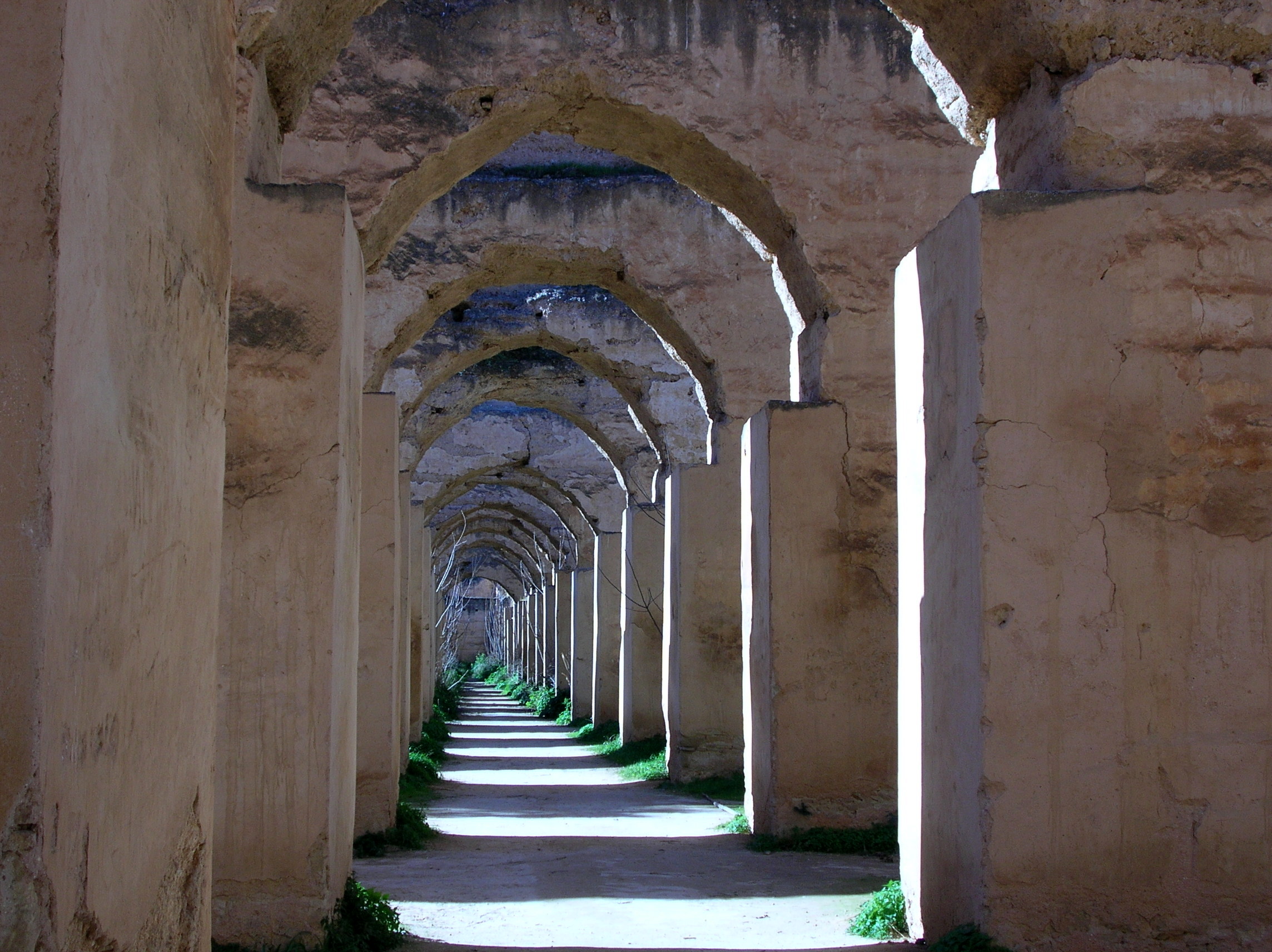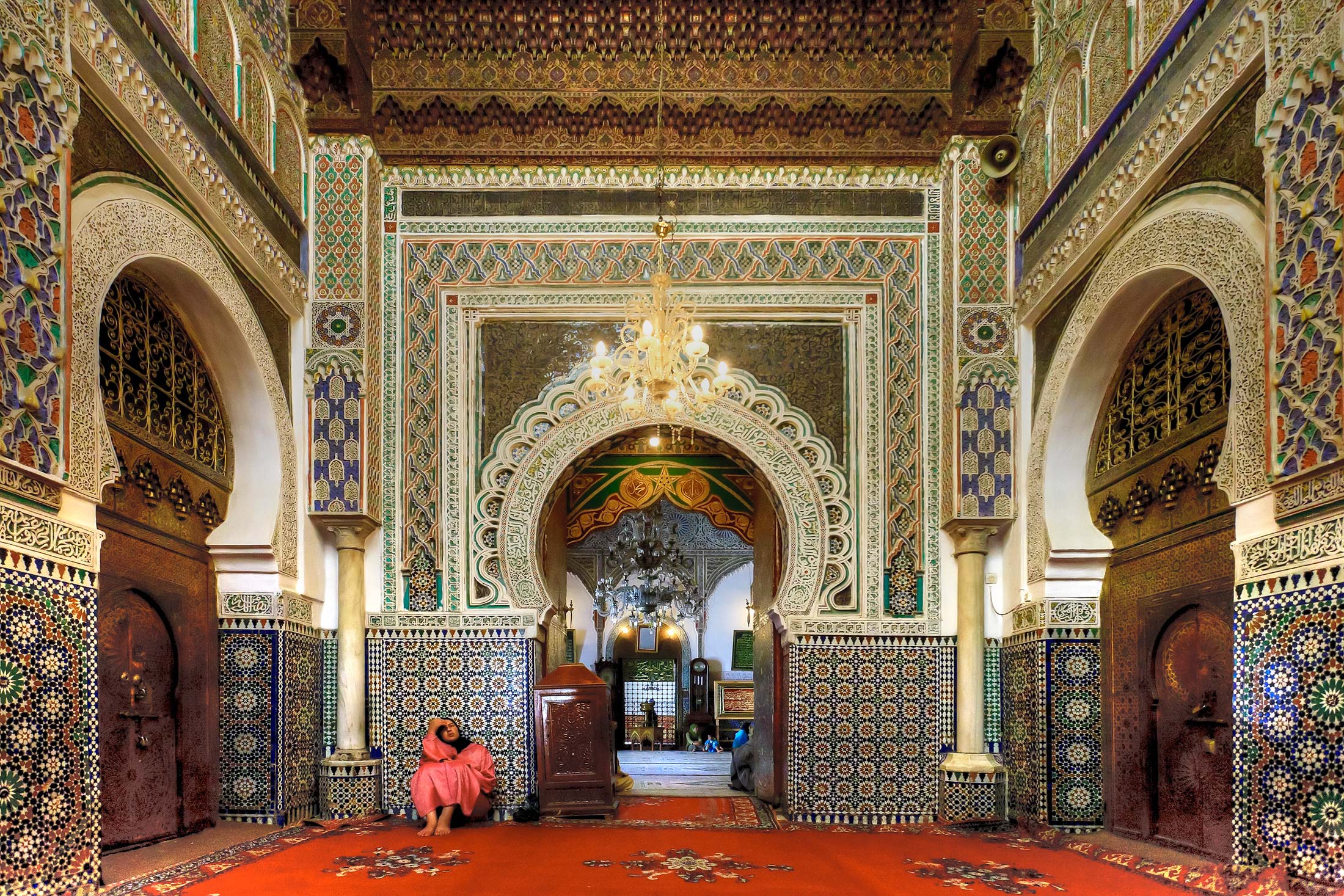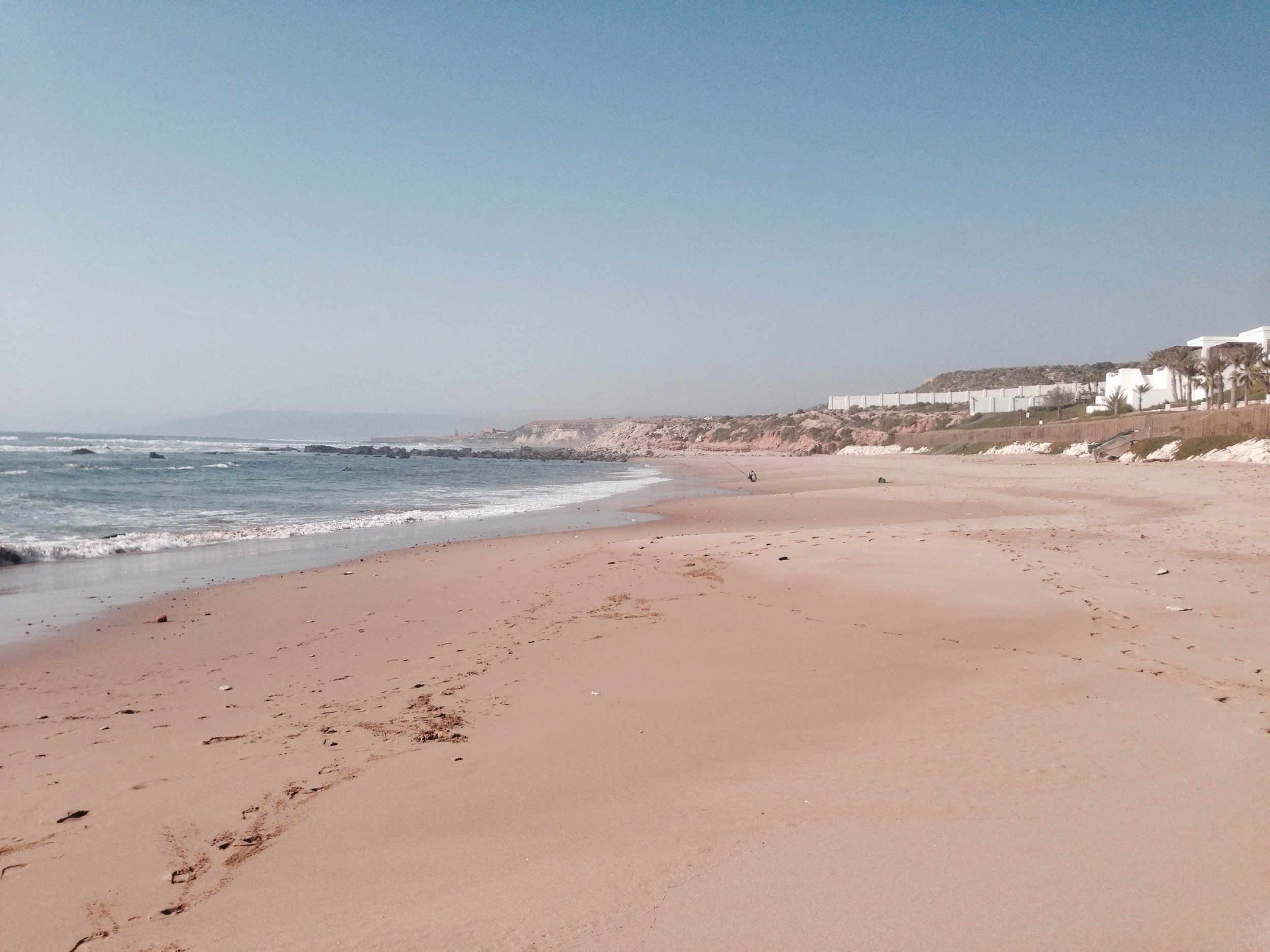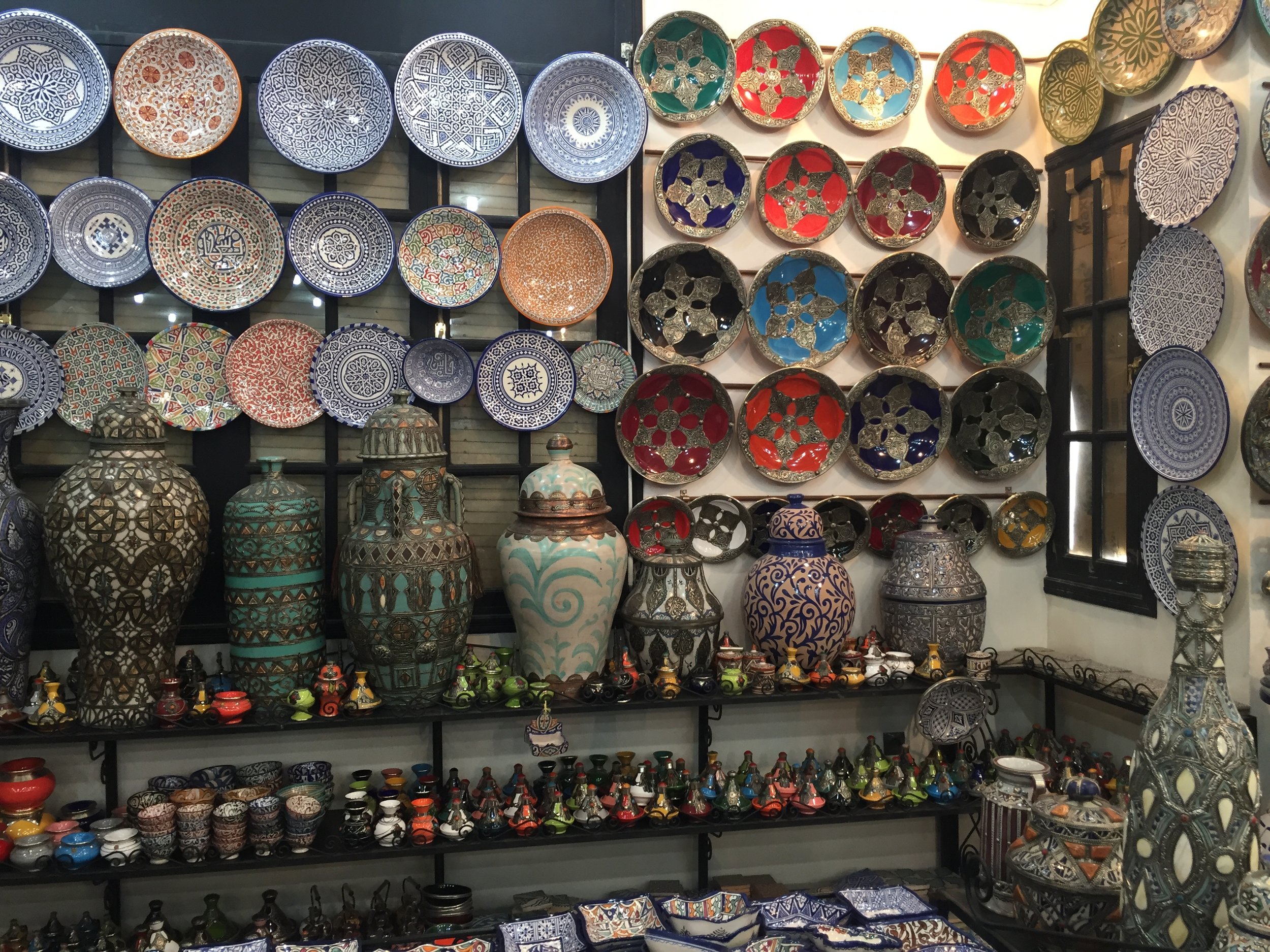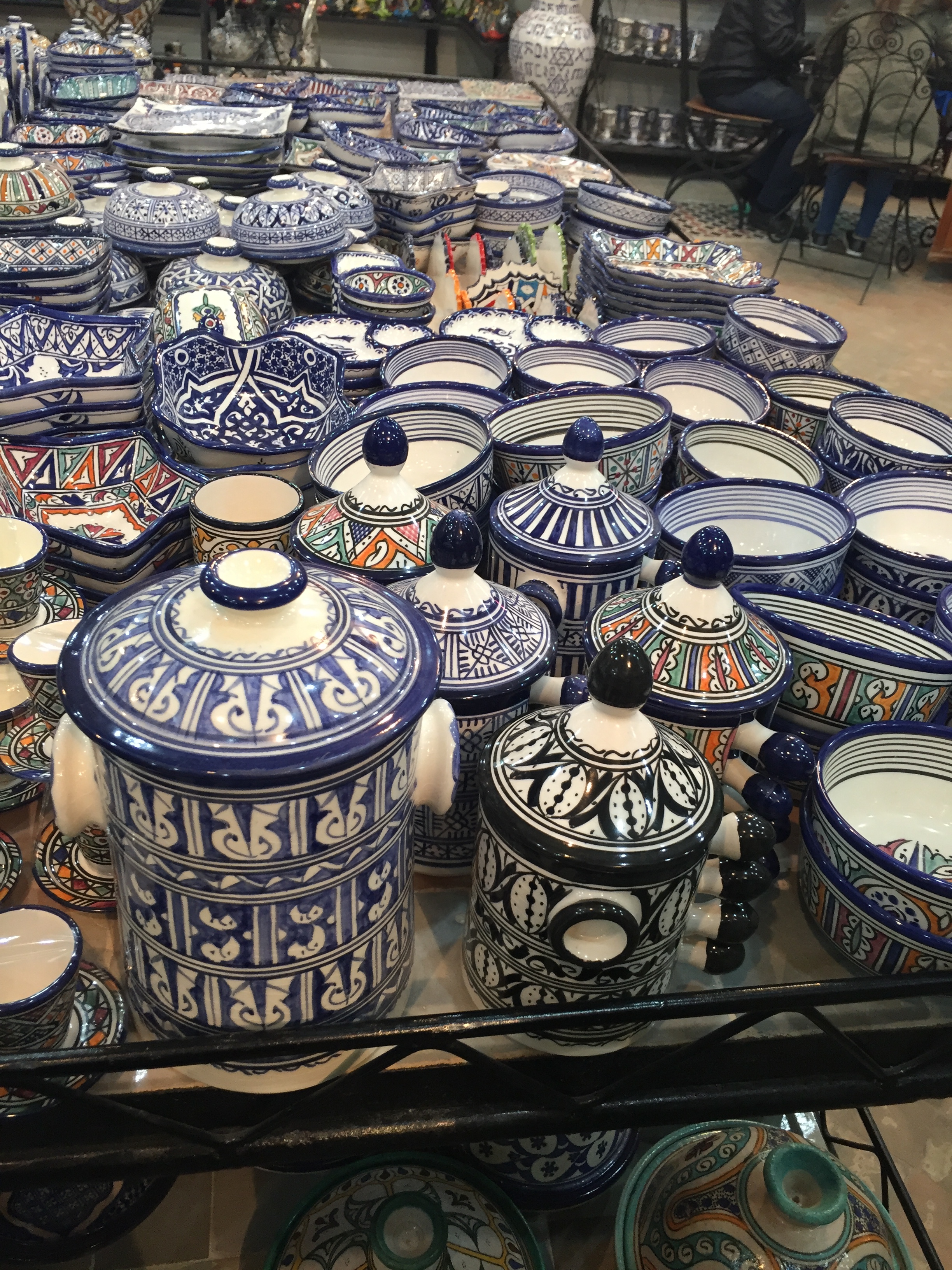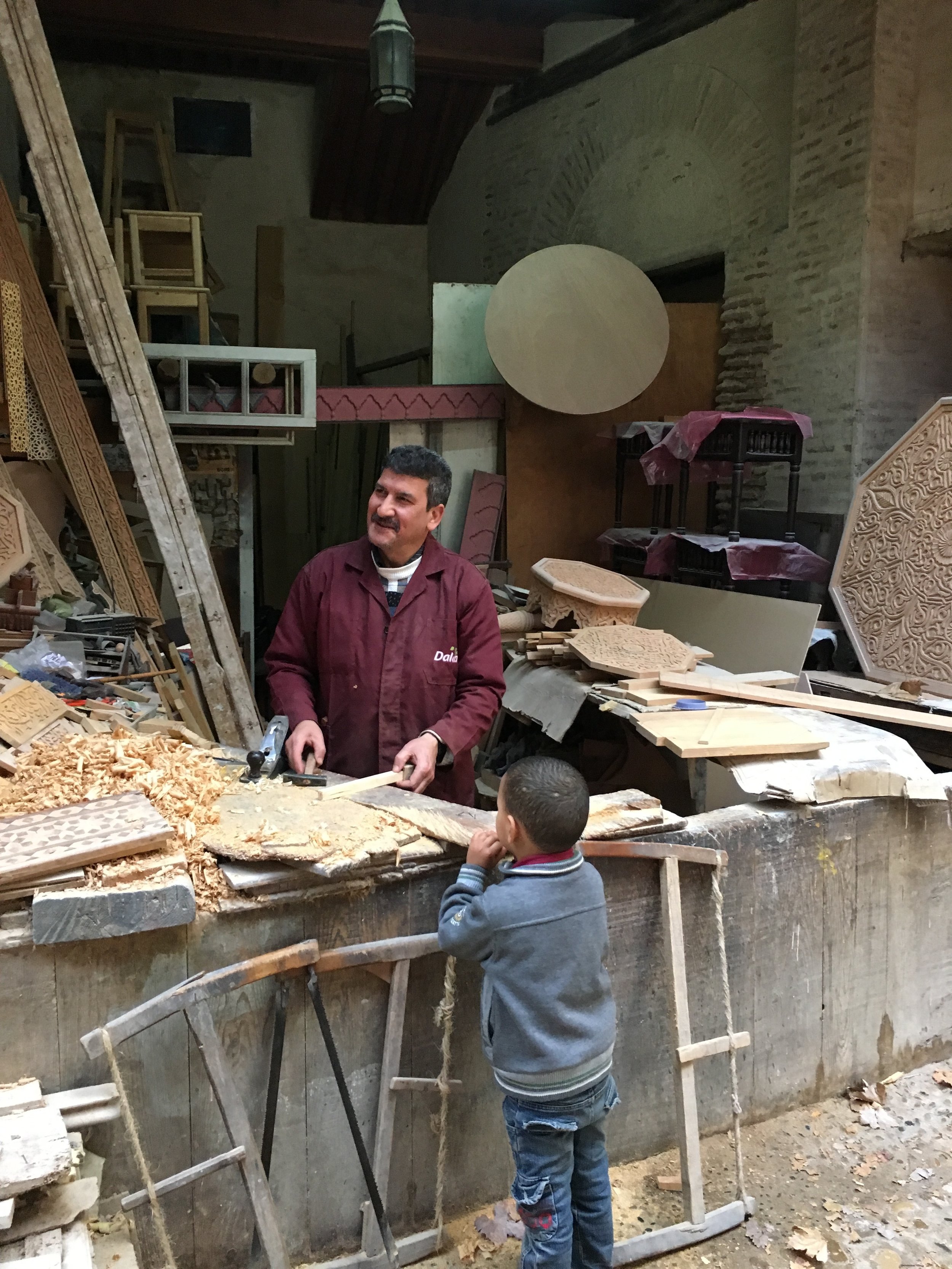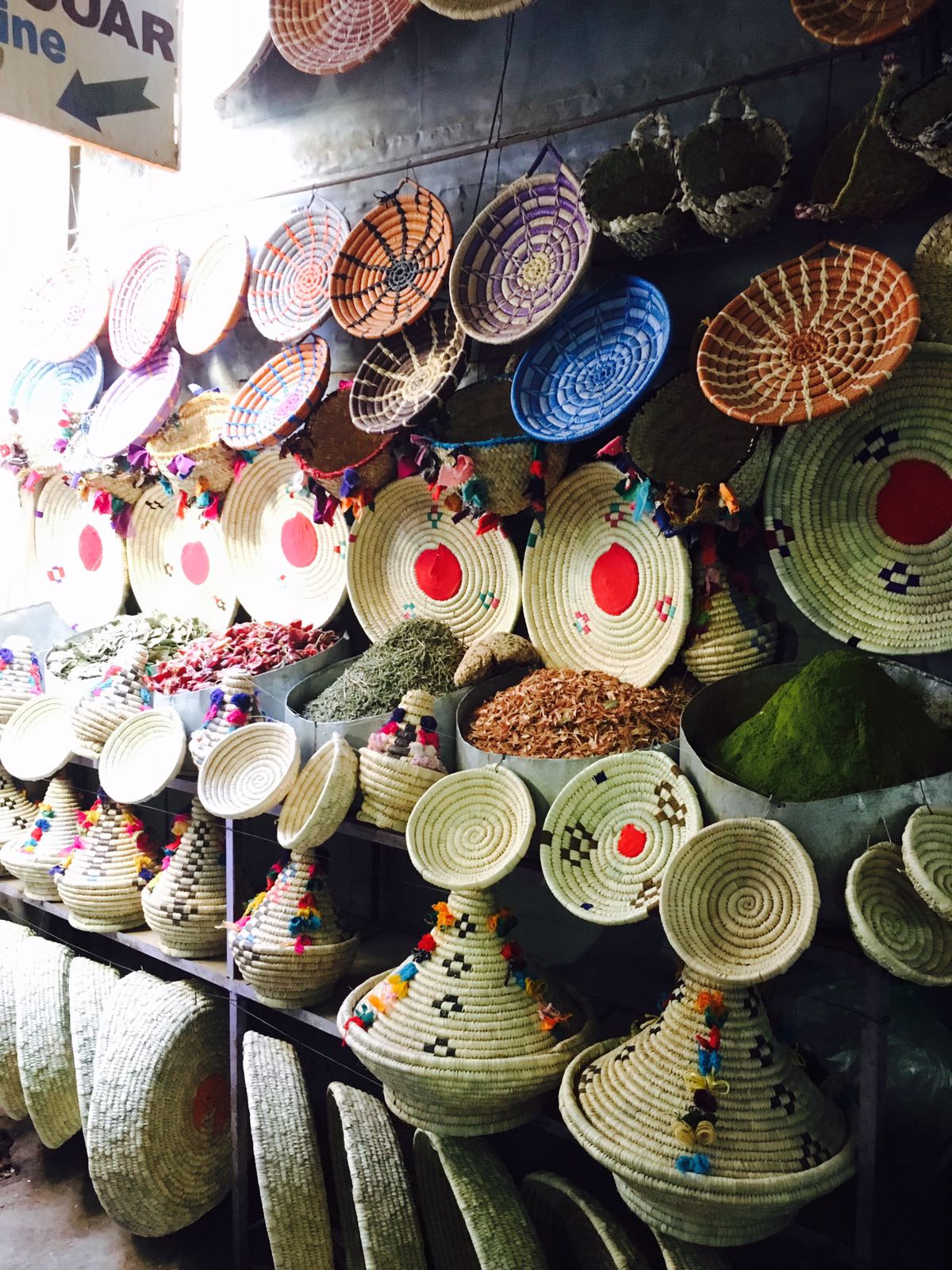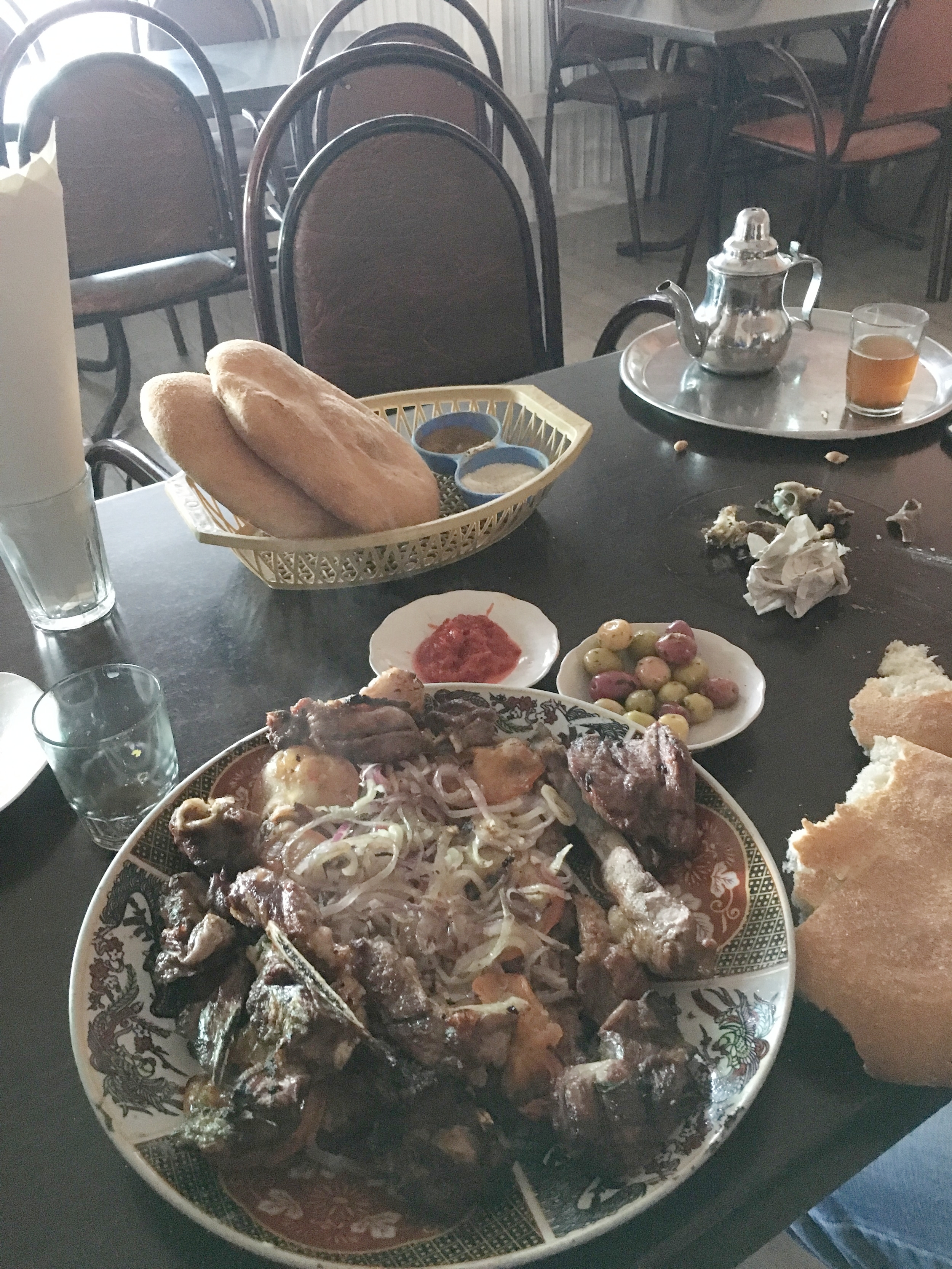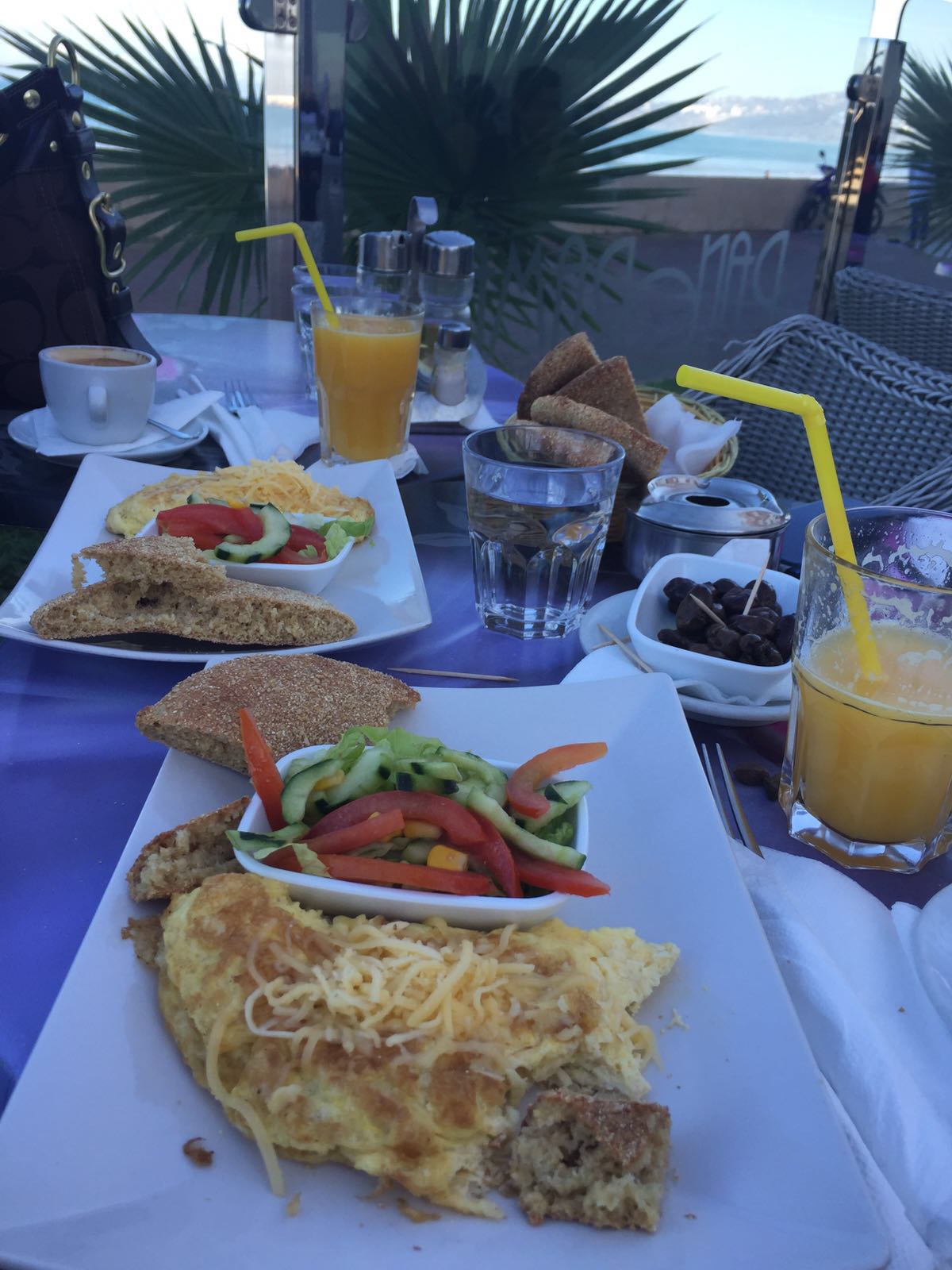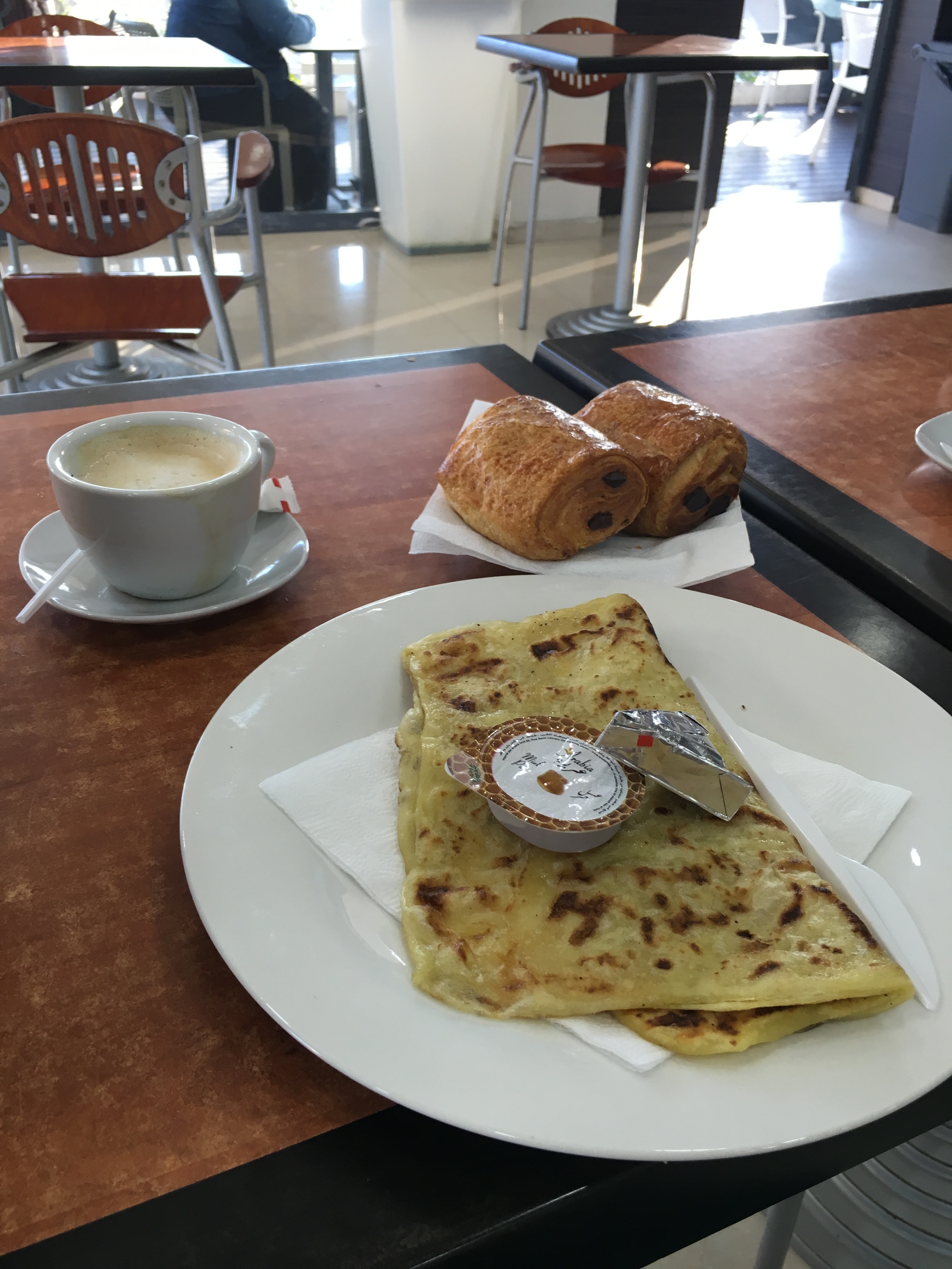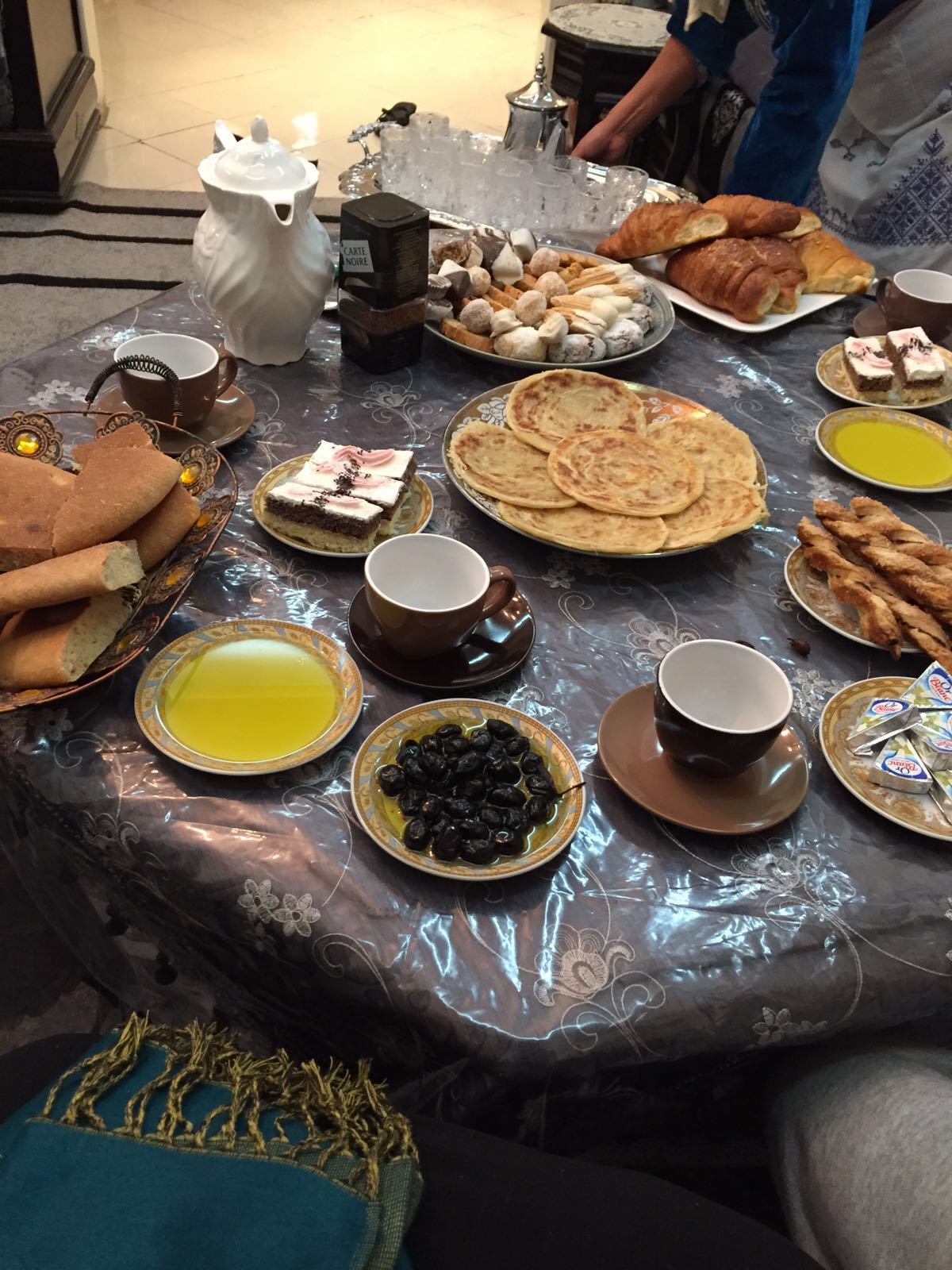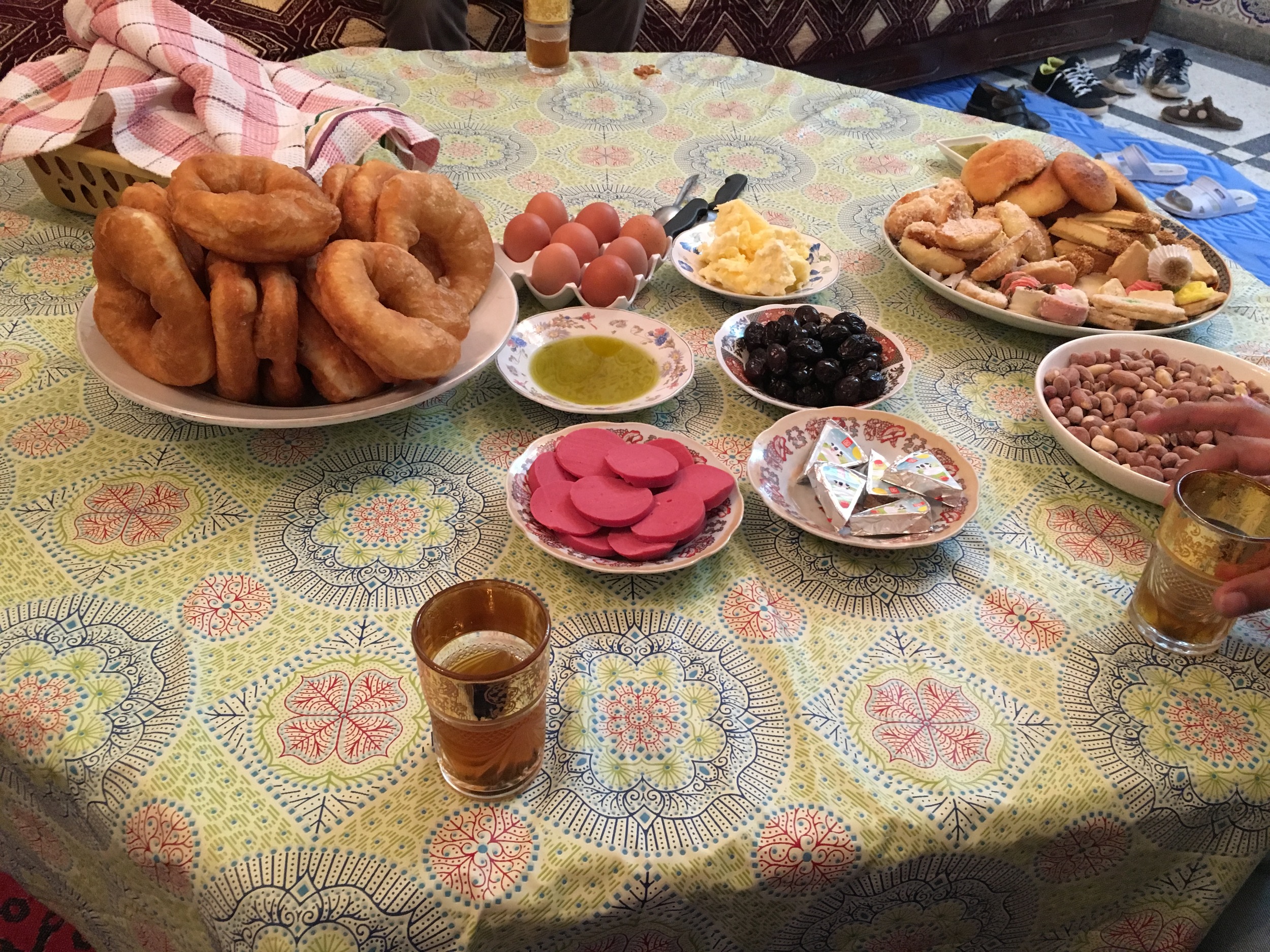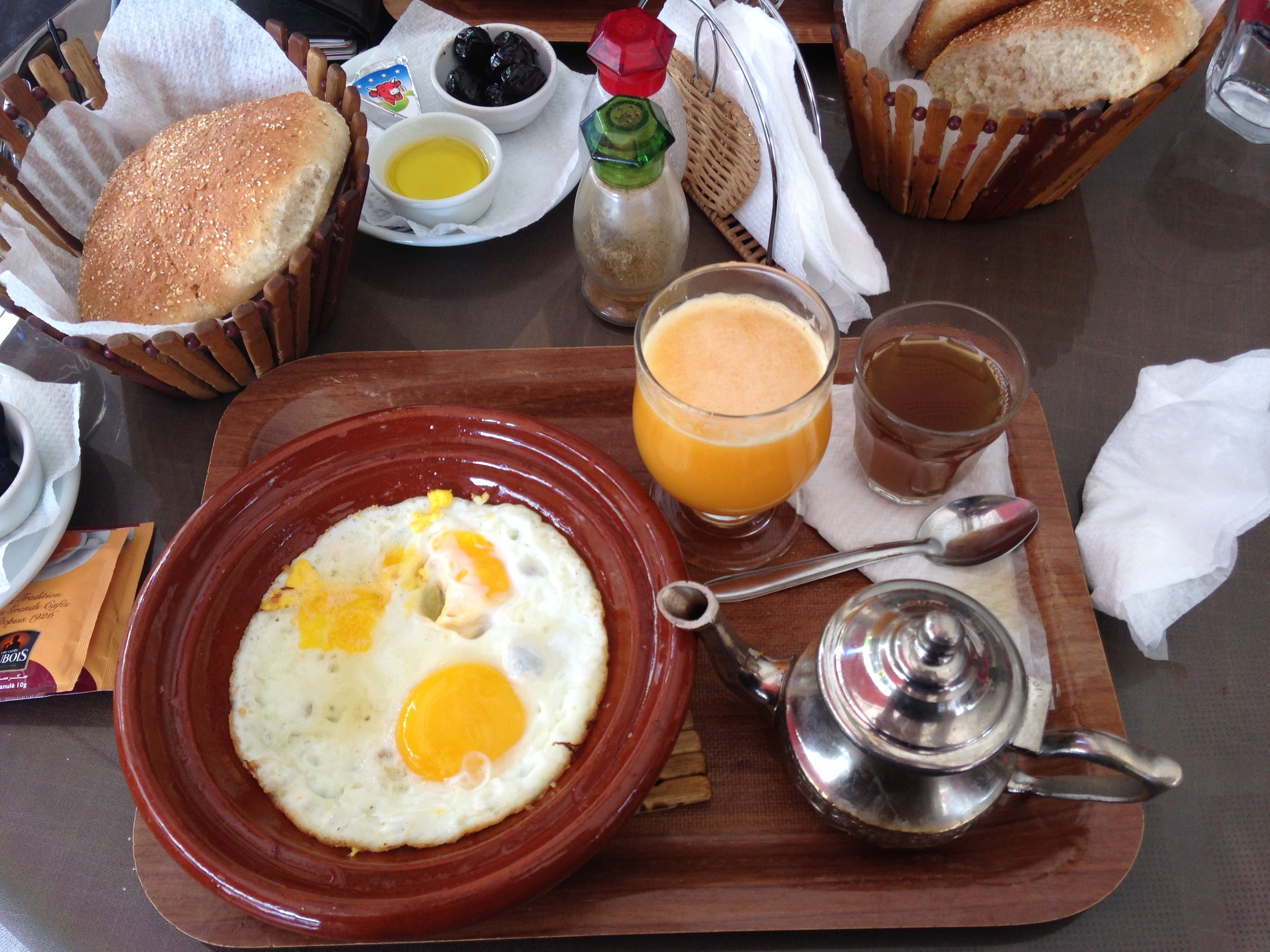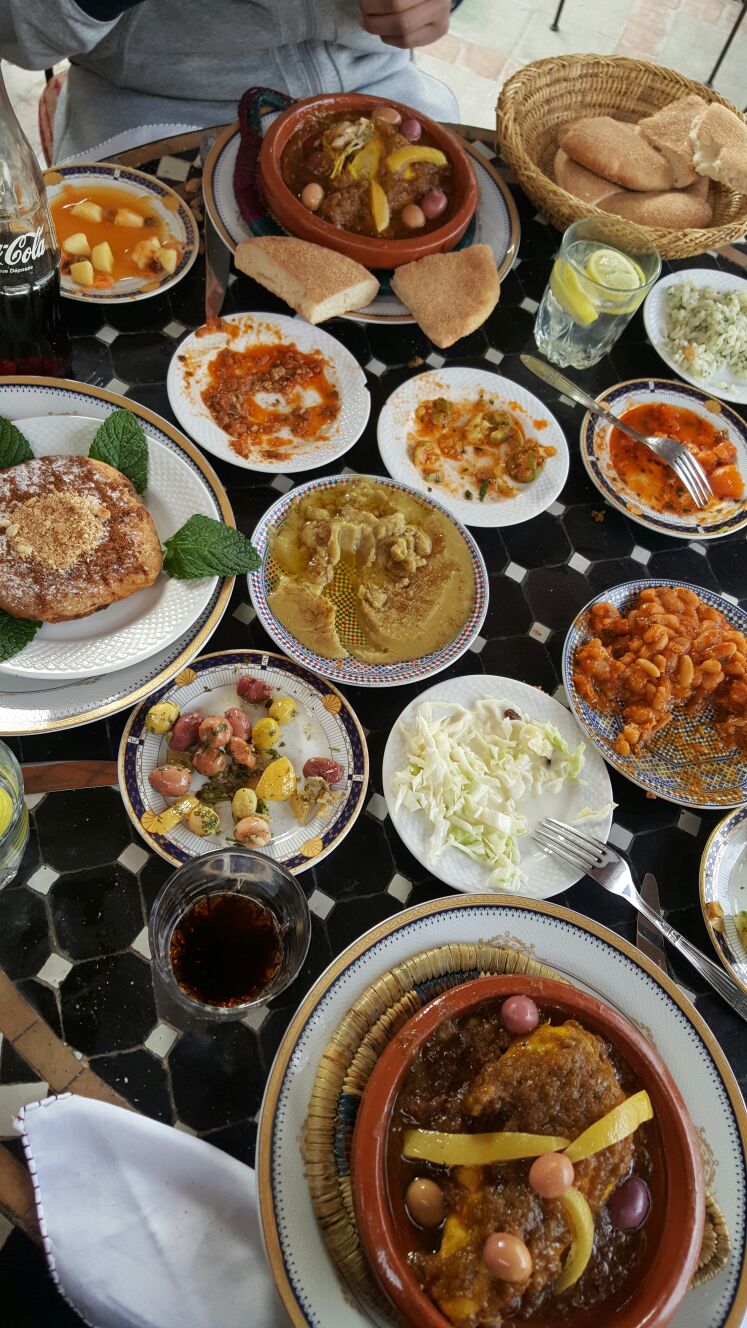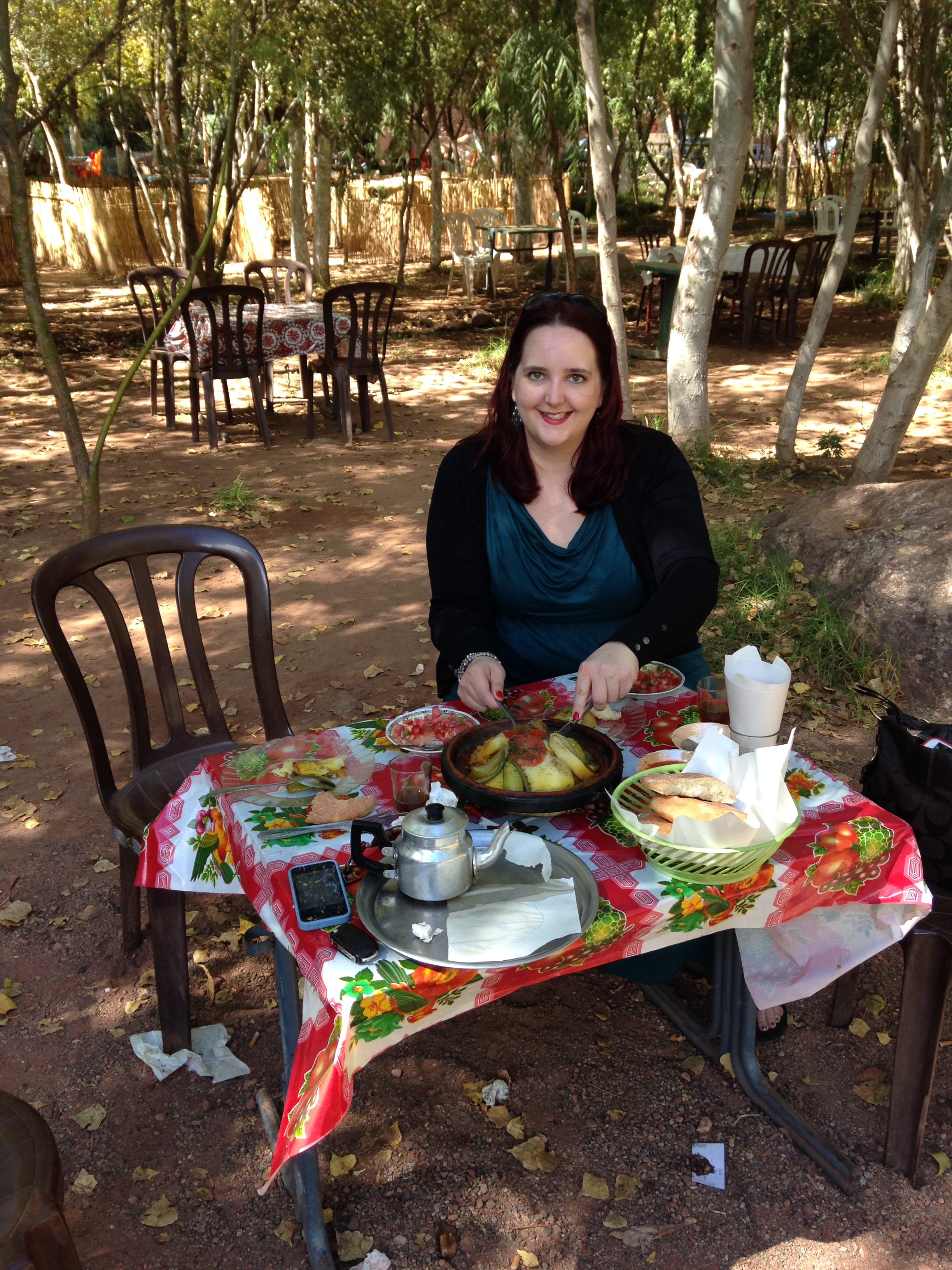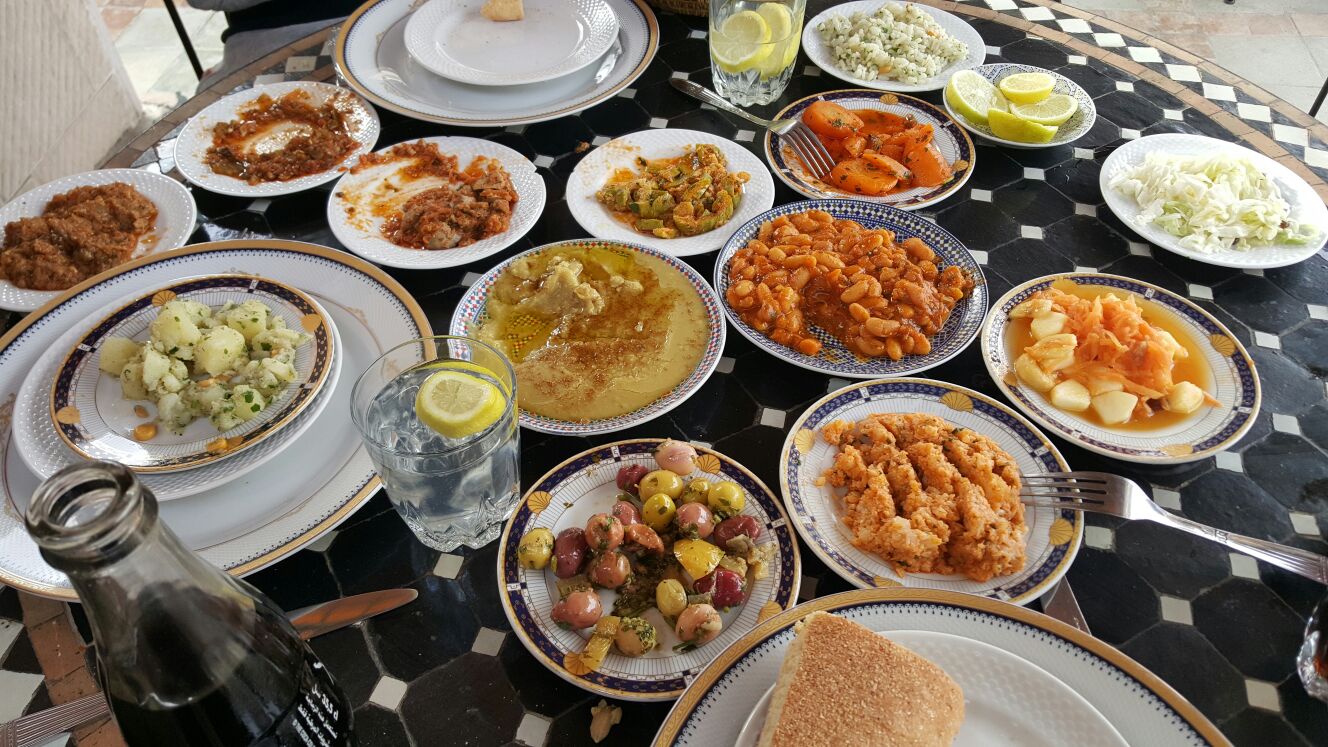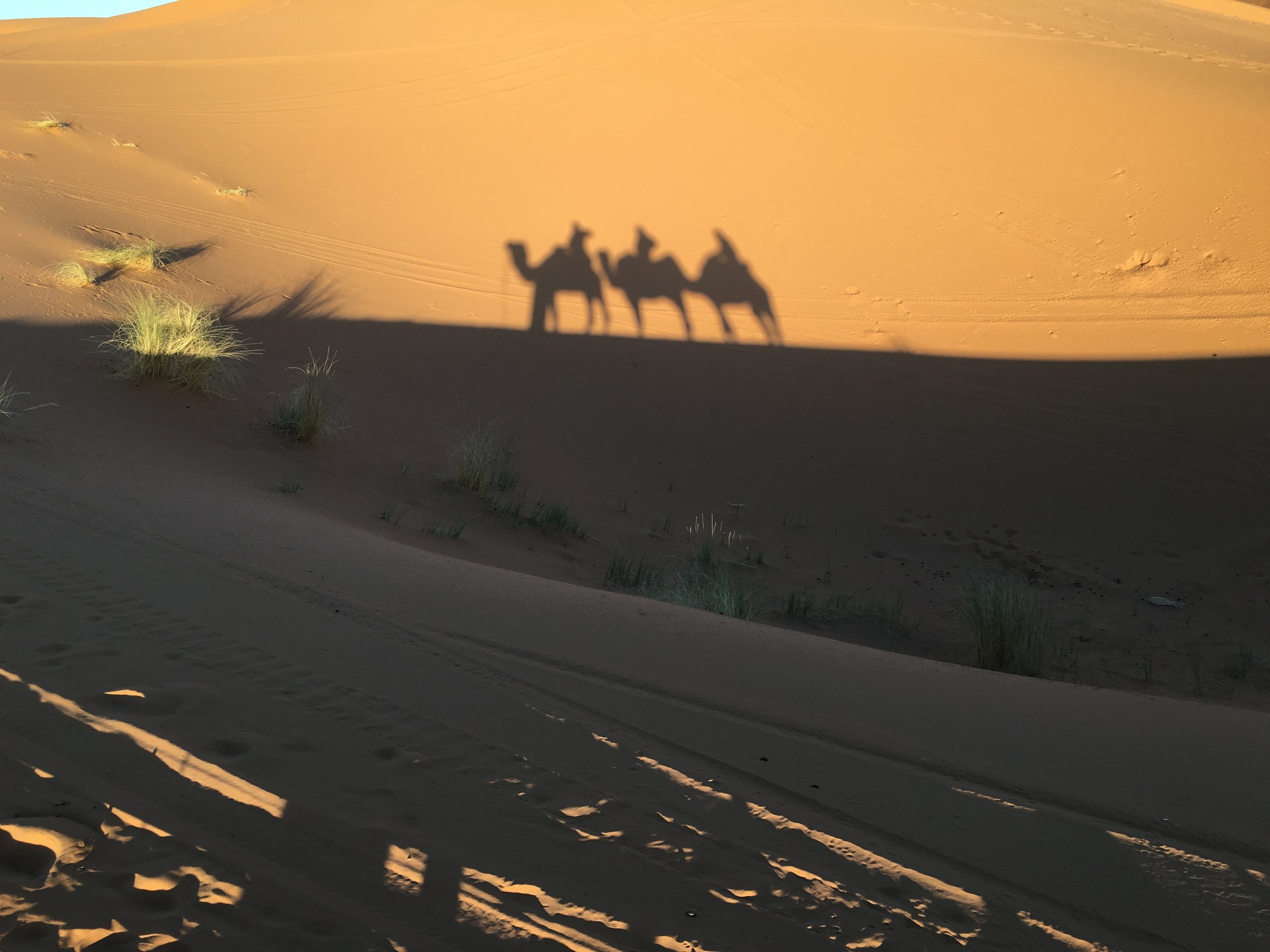History
Relations between the Kingdom of Morocco and the United States date back to the earliest days of U.S. history. Morocco was the first country in the world to recognize the independence of the United States in 1777, and remains one of America's oldest and closest allies in the Middle East and North Africa. Formal U.S. relations with Morocco date from 1787 when the U.S. Congress ratified a Treaty of Peace and Friendship between the two nations. This treaty is still in force, making it the longest unbroken treaty relationship in U.S. history, and Tangier is home to the oldest U.S. diplomatic property in the world. Morocco is also one of the few countries in Africa to extend visa-free travel to American citizens.
Culture
Moroccan culture is exciting, vibrant, and extremely hospitable. Everyone is welcoming, friendly, and always willing to help one another. Morocco's geographic location makes it a multicultural country, with a diverse population that blends Berber, Arab, Muslim, Jewish, African, and Andalusian into a great cultural mosaic. Our private tours in Morocco allow us to show you the best hidden gems.
MUSIC
Music is a large part of the Moroccan culture, as is dance, and will vary by region. One example is the reggada, which comes from the Rif war dance in which the Rif warriors danced in victory over the enemy, hence the use of a wooden gun and the foot strikes on the ground in rhythm to the music, symbolizing that the land belongs to the Rif. There is also the Gnawa music that has roots in sub-Saharan Africa and can be used in both spiritual and celebratory ways.
CRAFTS
Morocco is renowned for its textiles, including carpets, baskets and various other useful objects. Modern carpet weaving and embroidery are very successful, especially in the handicraft complex. Other useful items are made by local artisans such as tagines, jars, etc. Artisans also create beautiful jewelry, scarves, and fabrics for clothing.
LANGUAGE
Classical Arabic is Morocco's official language, but the country's distinctive Arabic dialect is the most widely spoken language in Morocco. In addition, about 10 million Moroccans, mostly in rural areas, speak Berber--which exists in Morocco in three different dialects (Tarifit, Tashelhit, and Tamazight)--either as a first language or bilingually with the spoken Arabic dialect. French, which remains Morocco's unofficial third language, is taught universally and still serves as Morocco's primary language of commerce and economics; it also is widely used in education and government. Many Moroccans in the northern part of the country speak Spanish. English, while still far behind French and Spanish in terms of number of speakers, is rapidly becoming the foreign language of choice among educated youth.
RELIGION
Islam is the majority and constitutionally established state religion in Morocco. The vast majority of Muslims in Morocco are Sunni belonging to Maliki school of jurisprudence. The King of Morocco claims his legitimacy as a descendant of the Islamic prophet Muhammad. The King of Morocco has given women greater freedom than any other king in the Islamic world. He has also taken great pains to ensure Morocco is a safe place to live and visit, with a zero tolerance stance towards al Queda. Islam is a peaceful religion. In fact, the word “Islam” is derived from the root word “salam,” meaning peace and safety, the same word Moroccans use to greet each other. The King ensures that the imams of the mosques reject the enemy ideology in their speeches.
Besides Islam there is also a large number of Jewish people living here. The culture is so old and unique that we have specific Jewish heritage tours to Morocco.
Food
The food in Morocco is some of the most delicious in the world.
You will find seafood, lamb, beef, and chicken when exploring Morocco.
You will have tagines, bastillas, couscous, and medfouna (a type of Moroccan calzone).
Breakfast may be simply some warm msemmen with tea and fresh orange juice, or it may be a grand affair with eggs, olives, several types of bread, soup, and dates.
Tea is drunk all through the day, but coffee is also an option.
Lunch and dinner are always followed by fresh fruit.
Cookies are also very popular, and will be served continually throughout the day.
If you are a vegetarian, vegan, or have other dietary restrictions, please let us know at the time of booking your tour so that we can ensure proper arrangements are made.
Safety
When travelling, a lot of people want to know, "How safe is this place?" In Morocco, the answer is, "Very." Violent crime is rare in Morocco. The country takes great care to ensure the safety of residents and particularly tourists. What you do need to watch out for, however, is petty theft and pick-pocketing. Tourists can be seen as easy targets for pick pocketing and bag snatching, particularly in more crowded, urban settings, with the highest threat in Marrakech. However, simple steps can keep you from being a target, such as not carrying open bags, not keeping your money or valuable in a backpack, and always being aware of your surroundings. Traveling in groups can also help deter would-be thieves. Your guide will also be with you wherever you are, keeping an eye out for any potential threats. Marrakech, Rabat, and Casablanca are like other major cities in the world in that you need to be alert and cautious, lest you fall prey to opportunistic thieves. Overall, it is no more of a threat to visit anywhere in Morocco than it would be to visit New York City.

